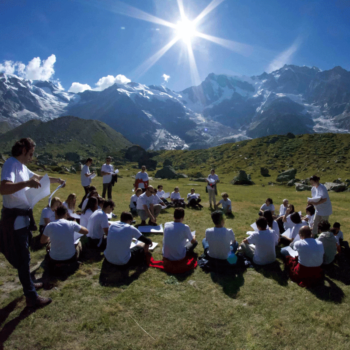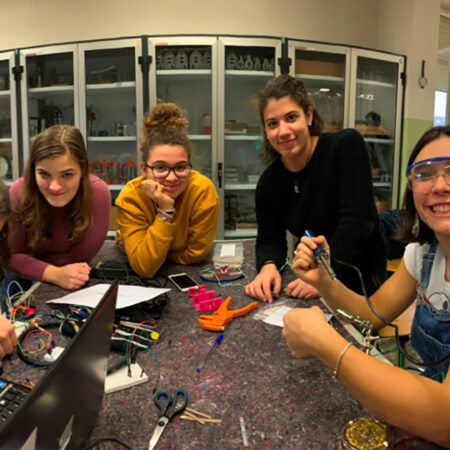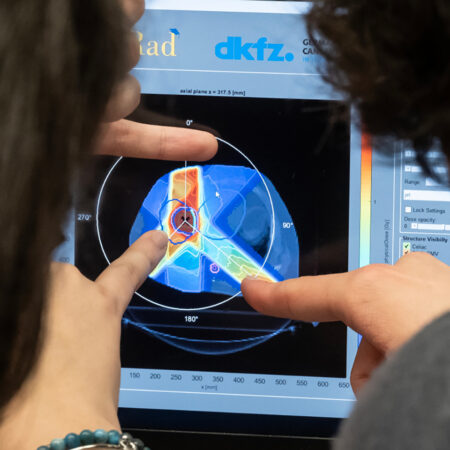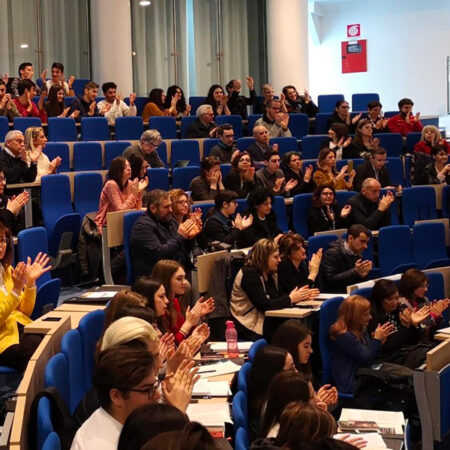RadioLab is a multi-school-year project aimed at raising awareness on radioactivity issues and dedicated mainly to secondary schools. In its most complete form, the project can also be developed for intermediate school students, together with high school students.
The basic idea of the project is to familiarise the younger generation with radioactivity as a topic so that they can discuss it with awareness, understanding all the implications, including the positive ones, inherent in the use of ionising radiation.
To achieve this objective, RadioLab is a course that leads students to measure radioactivity themselves, starting with the natural component, and, then, to analyse and reflect on the data collected. The theoretical bases and tools for setting up a laboratory equipped to measure the concentration of radon, a naturally occurring radioactive gas, are provided to help students discover that we live in a naturally radioactive world and to show them how experimental research work is carried out.
The project culminates in an event where the students tell the public what they have discovered and raise awareness of radioactivity.
In recent years, the project has taken on an international dimension with the participation of schools in Ecuador and Albania, which have adopted and exported the same operational method used in Italian schools.
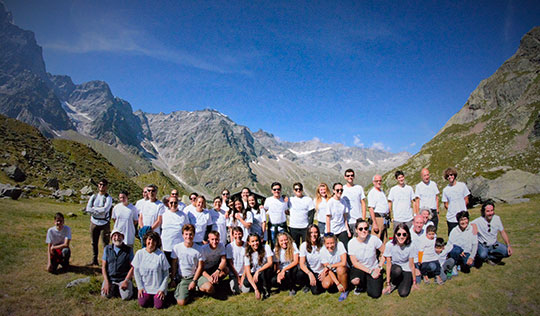
Summer School
The RadioLab project entails a week-long Summer School in which students undertake a full-time course with lectures and measurements on radioactivity, and are taken on guided tours of research centres.
European Radon Day
November 7th is a special day as it is when, on the birthday of Marie Sklodowska Curie who, together with her husband Pierre Curie, won the Nobel Prize for the discovery of radioactivity, the European Radon Day is celebrated through activities and parallel events at the various participating venues.
Cities and INFN divisions: Cagliari, Cosenza (FNL linked group), Lecce, Milan, Naples, Padua, Siena (Pisa division linked group), Turin, Trieste
